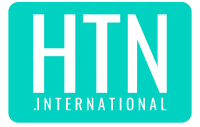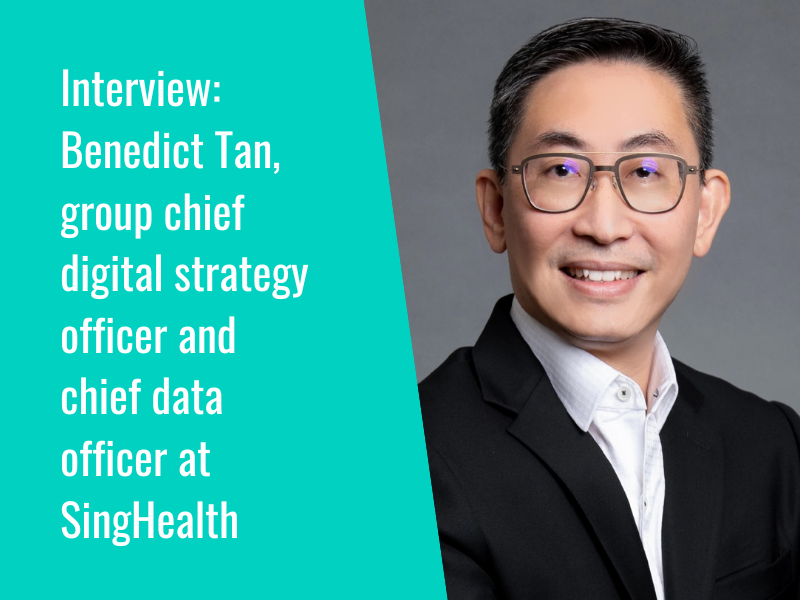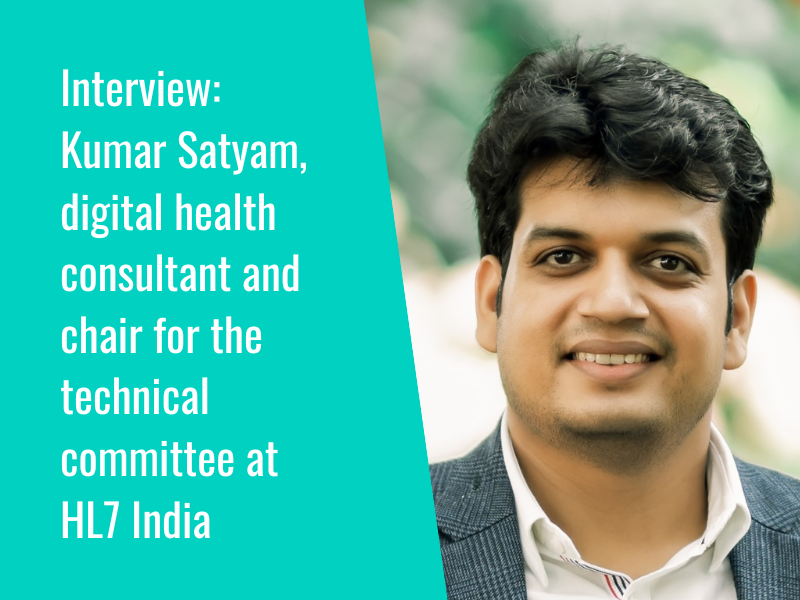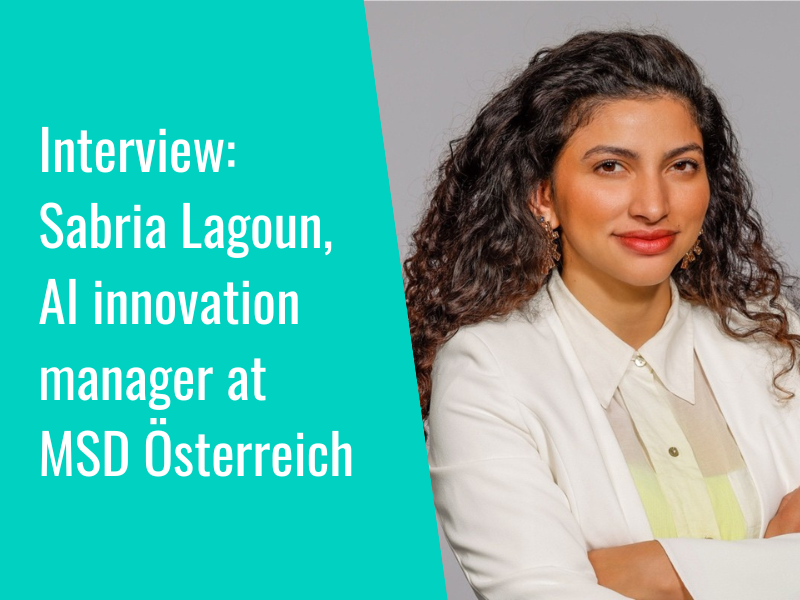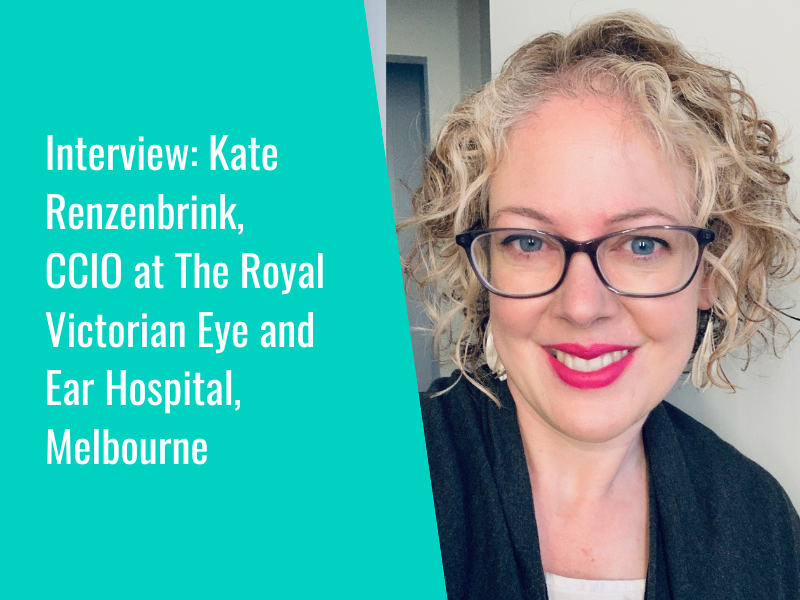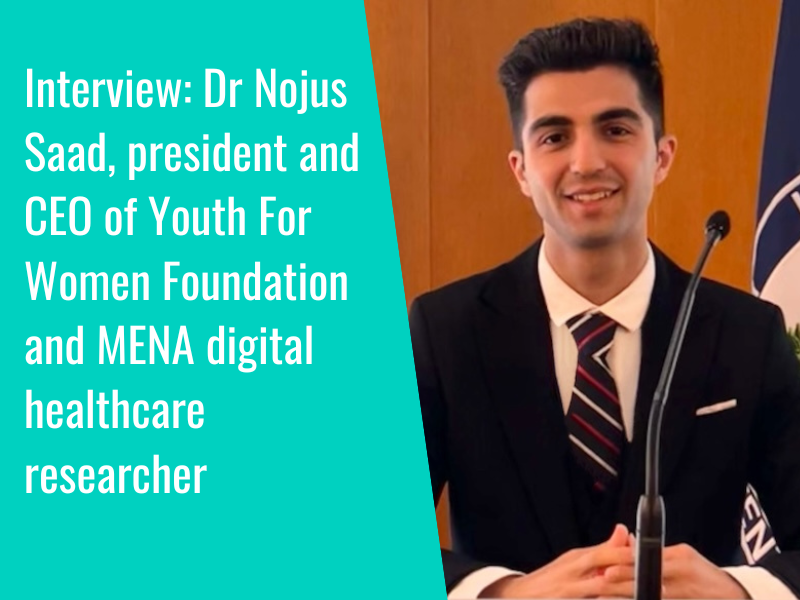An article published in Frontiers in Artificial Intelligence has explored knowledge, perceptions, and the current state of AI and machine learning (ML) in Nigerian healthcare. Findings show that the majority of Nigerian healthcare professionals report “good knowledge” on AI and ML, and that a significant majority felt that the use of ML in healthcare could help improve service delivery.
Authors conducted a cross-sectional study with 404 healthcare professionals in Nigeria, using a questionnaire to collect data from six geopolitical zones and using descriptive and inferential statistical analyses for the data obtained.
To assess knowledge of AI and ML in healthcare, respondents were asked to complete a questionnaire, with results including that 57.2 percent of respondents were found to have “good” knowledge of the applications of AI and ML in healthcare; 32.2 percent had “average” knowledge; and 10.6 percent had “poor” knowledge.
More than half (57.8 percent) disagreed that “the adoption of artificial intelligence in the Nigerian healthcare sector would result in job loss”; 66.7 percent felt that “the integration of artificial intelligence in healthcare will augment human intelligence”; 61.5 percent felt that “integration of artificial intelligence in Nigerian healthcare will result in the generation of new jobs”; and 77 percent agreed that “the use of machine learning in Nigerian healthcare will facilitate efficient service delivery”.
In terms of adoption, 61.2 percent of respondents considered that ML-based health services would be more expensive; 68.1 percent felt AI is essential for healthcare services; and 71.9 percent believed AI has the potential to “enhance the health outcomes of the citizens”. More than three-quarters of the study sample (83.3 percent) also believed that AI would be useful in other areas of healthcare, such as in capacity planning.
For improving service delivery and quality, almost three-quarters of respondents (74.2 percent) felt that AI could help bring about improvements in quality of healthcare delivery, and 80.8 percent believed that AI in Nigerian healthcare could “play an integral role in the sector”.
When it comes to the challenges of implementing AI in Nigerian healthcare, almost half (45.1 percent) of the participants disagreed that AI could develop to a stage where it could offer empathetic care to patients, whilst two-thirds (68.7 percent) felt this would “give rise to new ethical challenges”.
Authors concluded that the study revealed “increasing acceptance” of AI in healthcare, as well as “a high level of readiness and enthusiasm for the adoption and implementation of artificial intelligence innovations”. Recommendations include undertaking further research on AI in Nigerian healthcare, and developing new policies, frameworks and collaborative models which will “exponentially improve its implementation and consequent impact in the sector”, and facilitate the identification of potential barriers to effective adoption.
Citation: Adigwe OP, Onavbavba G and Sanyaolu SE (2024) Exploring the matrix: knowledge, perceptions and prospects of artificial intelligence and machine learning in Nigerian healthcare. Front. Artif. Intell.6:1293297. DOI: 10.3389/frai.2023.1293297
In related news from journals, a study published in Frontiers in Medicine has explored the opportunities and challenges for traditional Chinese medicine (TCM) doctors relating to AI, finding evidence that AI-empowered collaborations between Western medicine and TCM “can strengthen holistic care”, but that “maintaining the humanistic spirit of TCM while embracing AI requires upholding professional ethics and establishing appropriate regulations”.
- 1
- 2
